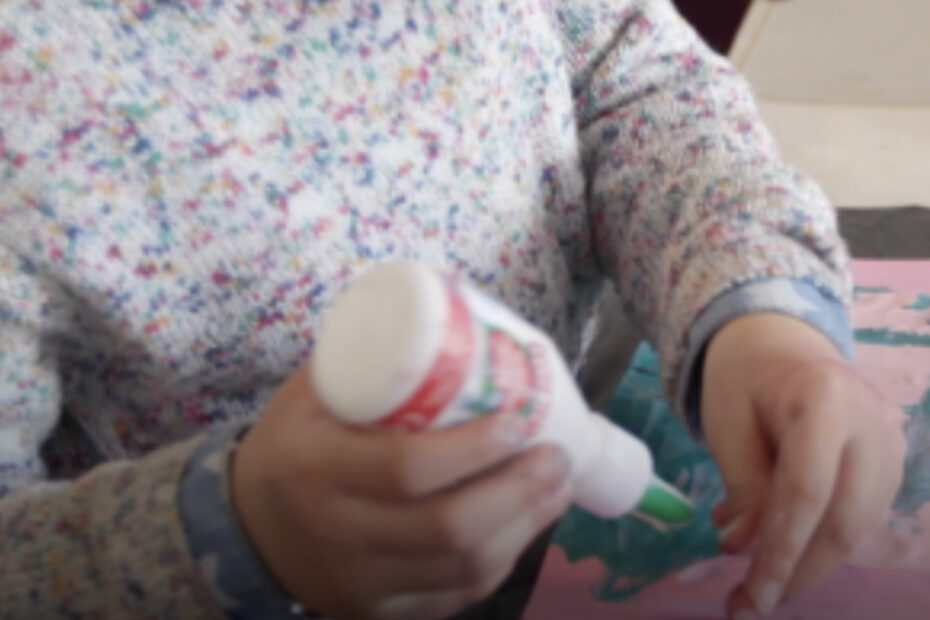On 20th June, the world came together to mark World Refugee Day. Every 20 minutes, a person abandons everything they have to escape war, persecution or terror which means that one percent of the world’s population has been forcibly displaced. With figures reaching 79.5 million forcibly displaced people by the end of 2019, these numbers do not look to decrease soon. These shocking statistics have led to the creation of this year’s theme, ‘Every Action Counts’ which is driven by the idea that everyone can make a difference and help those forced to flee their homes. The effects of Covid-19 on the refugee community have highlighted the significant disadvantages that these people face, making it even more important that each and every one of us takes action.
One way that people can take action is through supporting a refugee’s journey to integration. Often, a forcibly displaced person cannot return to their home country and therefore, integrating into the society of their host country is crucial for building a new life. This is often a long and complex process, with many different factors and often with the goal of obtaining citizenship of the host country. Over 1.1 million refugees have accomplished this over the last ten years.
Road of Hope is also driven by this ideal that everyone can help; through our team and volunteers, we endeavour every year to take action to help the refugee community in Amsterdam, supporting them on their emotional journey to integration into Dutch society. In order to mark this day, Road of Hope presents the experiences of those who have made this journey of fleeing their country in order to find a better future.

Berta is a 52 years old Syrian woman, who came to the Netherlands five years ago, following many other Syrians who were forced to make the same journey to flee the war. She is married and a mother of three; one girl and two boys. Berta and her family have lived in Amsterdam since 2017.
What does World Refugee Day mean to you and why is it important to spread awareness about it?
Berta: It is very important to me because more than 1% of the world’s population is on the run. Nearly 80 million people seek refuge elsewhere due to war, violence or oppression. Therefore, it is important to pay attention to this topic.
You have faced many struggles as an asylum seeker and then a refugee. Would you feel comfortable telling us about it and how you were able to overcome it?
Berta: Moving from a society with a specific culture to a society with an entirely different culture often causes a clash and it is hard to adjust to the new reality. You also often have to wait a long time in camps to see what the future will bring. Furthermore, the language plays a major role for refugees. When I was new to the Netherlands, I did not speak the language and I couldn’t express myself well. I tried to learn the language when I was in an asylum seekers center. I also consciously participated in all activities that were offered in the asylum seekers center in order to get in touch with others and to learn the language faster.
Can you tell us about one of your best moments from living in the Netherlands? Is there any memorable experience that you would like to share with us? Also, what do you most like about Dutch culture?
Berta: I once camped with a group for three days. There they organized many useful activities for us and that was a lot of fun and educational. I prepared delicious Syrian meals for everyone and this was one of the great experiences I have had here in the Netherlands.
What messages of hope do you have for individuals who, like you, are starting their life in a new country and are feeling fearful or uncertain?
Berta: Be patient and work hard to learn the language because language is the key to all closed doors. Furthermore, always try to develop yourself.
What further changes do you think society needs to make, in order to better accommodate refugees and allow them to play a more active part in their community?
Berta: I think it is important that the Netherlands acknowledges the diplomas that the refugees have obtained in their country of origin. This gives us the opportunities to find work in our field of work and we are not all limited to work in the restaurant industry and at similar jobs.
What are your hopes and dreams for the future?
Berta: I would like to follow a makeup artist course and then find a job in order to become an independent and active citizen in society. I would also like to open my own salon one day.

This month, our project Breath of Hope launched their new fundraising campaign, Mask4AllRefugees in order to raise the money needed to sew face masks for refugees and their communities.
These face masks will be sewn as part of a Breath of Hope workshop, teaching women the skills needed to sew reusable fabric masks. Besides them learning a new and useful skill, this project will go further in empowering these women as they will also feel part of a collective initiative in which they can contribute to their communities and wider Dutch society. This in turn, builds their self confidence and worth. Aligning with Breath of Hope’s programme aims, sewing these masks will once again provide a safe space for women to pursue personal development and support their journey of integration into Dutch society. In order to achieve this mission, we hope to raise 1800 euros. If you would like to participate in this initiative, any donation will be more than appreciated. Please check the following link https://gf.me/u/ybphn6.

